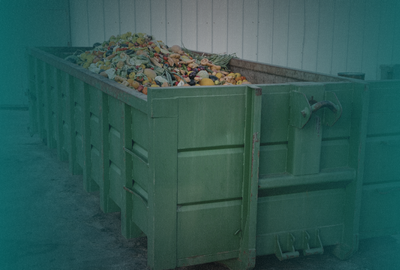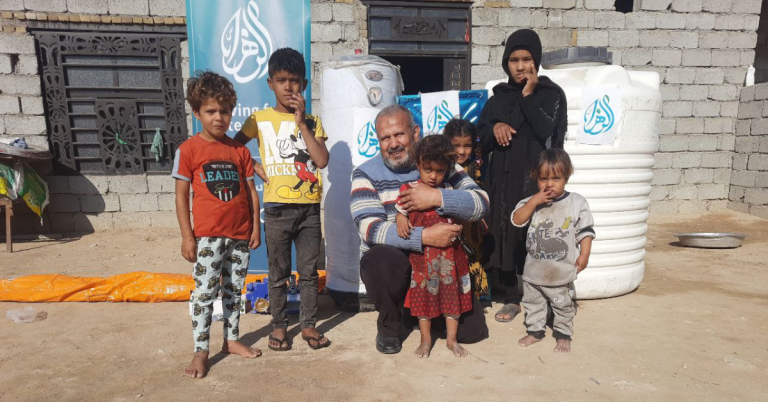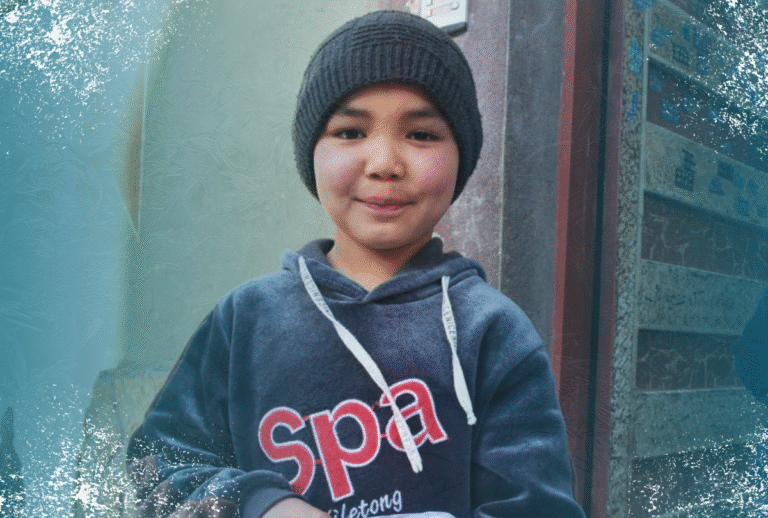Food Waste in Islam
In Islam, food is a blessing that must be respected. Prophet Muhammad (saww) taught us to value every bite, no matter how small.
Wasting food goes against the spirit of gratitude, and the Quran warns us not to do israaf, the habit of excess and wastefulness.
As Muslims, we’re reminded that even small actions reflect the sincerity of our faith.
What is Israaf?
Israaf (إسراف) is an Arabic term meaning wastefulness or extravagance, and it’s considered one of the greater sins in Islam.
It applies not just to wealth, but also to how we use food, water, and other resources.
The Quran says in Surah al-An’am, “But do not act extravagantly (because) Allah (swt) does not love the extravagant.” (6:141)
The Prophet (saww) is also reported to have said, “There is nothing of good to be found in waste, and nothing of waste to be found in good.” (Bihar al-Anwar, v.75, p.303, n.6)
When we waste food, we fall into the trap of israaf — turning a blessing into a burden, and ignoring the needs of those without enough.
Canada – Food Waste by the Numbers
According to Greenly, over one-third of all food produced — around 2.5 billion tonnes — is lost or wasted every year globally.
Here in Canada, the problem is just as serious.
According to Second Harvest, an estimated $58 billion worth of food is wasted annually, accounting for nearly half of all food produced nationwide.
Back to School Campaign: Child Food Aid
A hungry child cannot learn. Our Child Food Aid program delivers hot, nutritious meals so students can focus on their education instead of their empty stomachs.
School meals improve nutrition, health, attendance, and learning outcomes, while also strengthening communities and local food systems.
Here’s how your gift can make a difference:
- One week of meal support: $45
- One month of meal support: $180
- Full term (3 months) of meal support: $540
You can change a child’s life by giving a gift today.
Conclusion
In Islam, wasting food is more than a bad habit — it’s a loss of blessings and a neglect of those in need. By avoiding israaf, we live by our faith and create opportunities to help others.
Every plate saved from waste can mean a full plate for a hungry child. Through our Child Food Aid program, you can help provide hot, nutritious meals so students can focus on learning and building a brighter future.
Donate today and make a lasting difference.
FAQ
Israaf refers to wastefulness or excess. In the Quran, Allah (swt) warns against israaf and encourages moderation in all aspects of life, including food. Avoiding waste is a way to show gratitude for Allah’s (swt) blessings.
Food waste in schools means lost resources, missed opportunities to feed children in need, and a negative impact on the environment. It also undermines efforts to teach students about responsibility and compassion.
Hunger can make it harder for children to concentrate, learn, and perform well in school. By reducing food waste and providing meals to those in need, we can help improve attendance, focus, and overall academic outcomes.
Schools can introduce portion control, allow flexible mealtimes, run food-sharing programs, and educate students about the importance of avoiding waste. Involving parents and communities in these efforts can also make a big difference.
You can support initiatives like our Child Food Aid program by donating. Your contribution helps provide hot, nutritious meals for children in need, ensuring they have the energy to learn and thrive.


 Donate Now
Donate Now
 Donate
Donate









